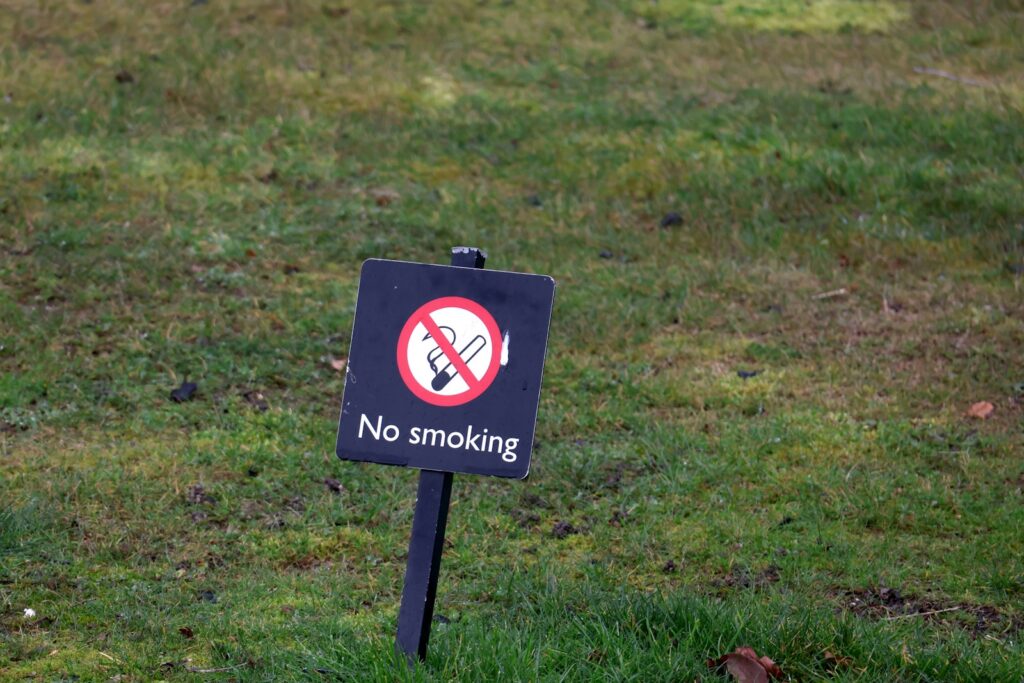New research has found that using portable HEPA purifiers at home can significantly lower systolic blood pressure in adults who already have elevated readings.
The study, published today in the Journal of the American College of Cardiology (JACC), focused on particulate matter, long term exposure to which is linked to higher blood pressure and a greater risk of heart disease.
This research, led by Douglas Brugge, Professor and Chair of the Department of Public Health Sciences at UConn Health, looked at whether using HEPA (high-efficiency particulate air) air filters to clean fine particles from indoor air could help lower blood pressure.
The team focused on systolic blood pressure (SBP), the top number in a blood pressure reading, which shows how much pressure blood exerts on artery walls when the heart beats.
To test the effect of cleaner indoor air, researchers carried out a randomised trial involving 154 adults who lived near busy roads. Each person took part in two one-month phases.
In one phase, participants used HEPA air purifiers in their homes, while in the other, they used identical-looking devices without the filters. Between the two phases, there was a one-month break with no filtration.
Blood pressure readings and participant feedback were collected before and after each phase.
It was found that for people who started the study with elevated SBP (above 120 mmHg), using HEPA filters for one month led to an average drop in SBP of 2.8 mmHg. In contrast, when these same people were exposed to a fake filter their SBP went up slightly by 0.2 mmHg. This effect was seen even in areas where outdoor air pollution levels are relatively low.
The overall difference between using a real filter and a fake one (3.0 mmHg) was described by the team as statistically significant, suggesting the improvement was due to the HEPA filtration and not just random chance.
The study also found that diastolic blood pressure (the bottom number) didn’t change significantly and that people who started with normal SBP (below 120 mmHg) didn’t particularly benefit from the filter in terms of blood pressure change.
Dr Brugge, said: ‘High blood pressure remains one of the most important modifiable risk factors for cardiovascular disease. This research adds to growing evidence that simple interventions, like in-home air filtration, may help improve heart health for people at risk.’
Jonathan Newman, Associate Professor in the Department of Medicine, the Leon H. Charney Division of Cardiology at NYU Grossman School of Medicine said: ‘Overwhelming evidence shows the harmful health effects of PM2.5 exposure, even at levels below current U.S. standards. As healthcare professionals, we must educate the public and support policies that protect clean air and improve the health of all Americans.’
Harlan M. Krumholz, Editor-in-Chief of JACC, pointed out that the study raises the possibility that even modest improvements in indoor air quality could have a meaningful impact on blood pressure for people at risk: ‘While more research is needed, these results suggest that what we breathe at home may matter for our cardiovascular health.’
The full research can be read here.


















Leave a Reply